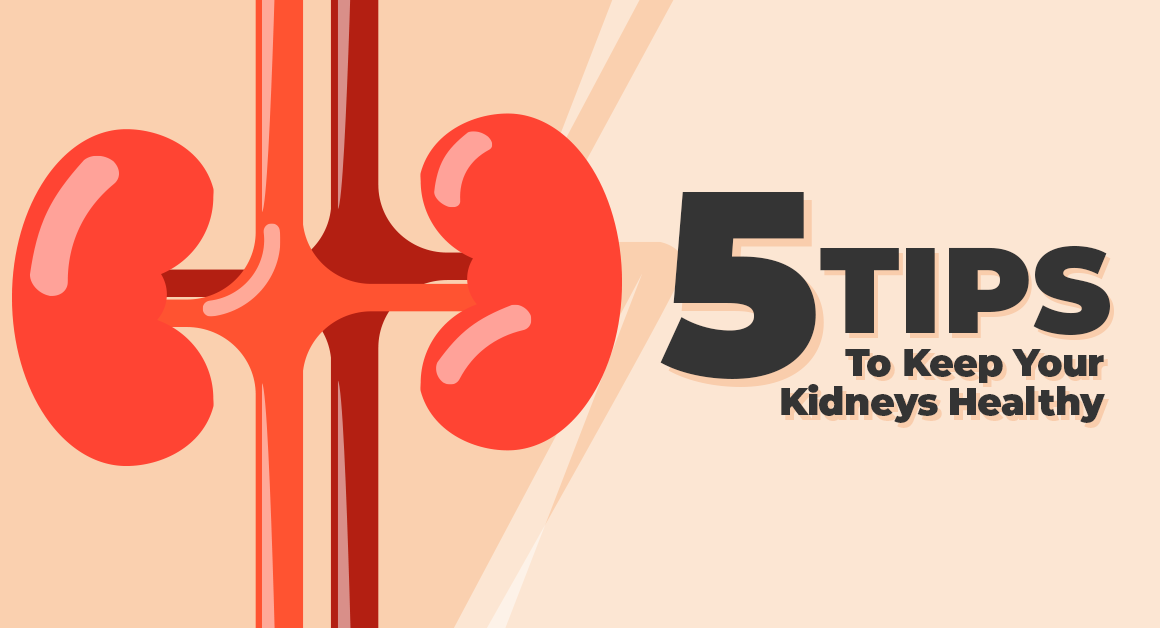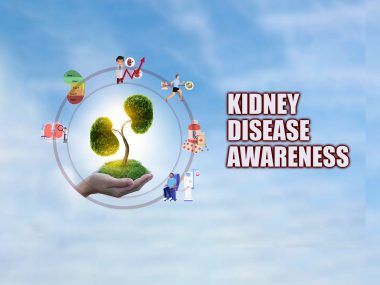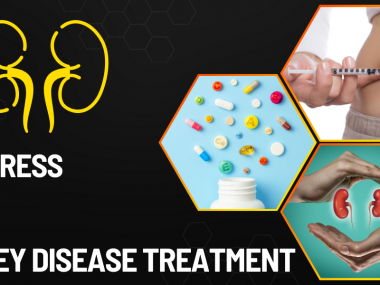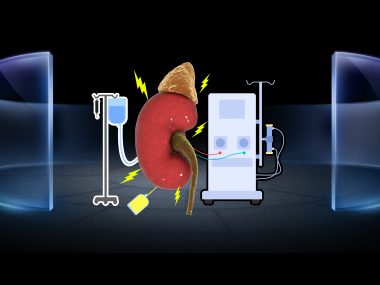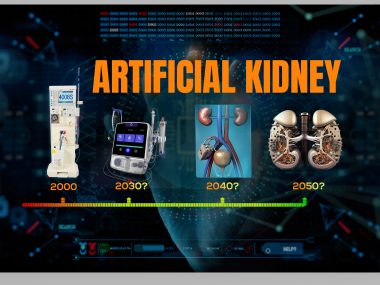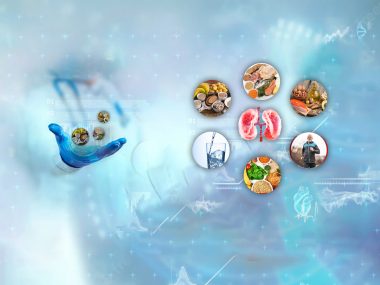Healthy kidneys are essential for a healthy body. Conversely, when kidney function declines, they affect other organs and lead to chronic conditions. As per the WHO, “Kidney disease has an indirect impact on global morbidity and mortality by increasing the risks associated with at least five other major killers: cardiovascular diseases, diabetes, hypertension, HIV infection, and malaria.”
Table of Contents
Keep your diet in check
- Keep your water intake in check, as it helps clear toxins. Drink 1.5 to 2.5 liters of water daily or enough water to ensure that the urine is clear and pale in color.
- Eat less sodium. Reduce the consumption of salt, processed foods, packaged snacks, and foods with high saturated and trans fats like fried foods.
- Bring down whole milk consumption and increase the intake of whole grains.
- Avoiding foods rich in sodium, potassium, and phosphorus in the late stages of kidney disease is essential.
Keep your vitals in check
For the patient with diabetes and high blood pressure, it is essential to keep their blood pressure and blood sugar levels under control. Higher blood sugar levels damage the filtration unit of the kidney, called the glomerulus. As a result, its walls undergo structural changes, spilling proteins into the urine. The main protein is Albumin. High concentration of Albumin in the urine over long periods scars the kidneys, leading to kidney failure and, eventually, dialysis. High blood pressure itself can cause a lot of stress on the kidneys. However, it plays the role of fuel on the fire for the sugar-soaked kidney in poorly controlled diabetics. Together, they significantly speed up kidney failure.
Keep liquor and smoke in check
Alcohol doesn’t affect the kidneys directly. Excessive consumption of alcohol, however, can lead to high blood pressure and weight gain—conditions bad for the kidneys. Alcoholics are also prone to dehydration, decreasing the kidneys’ ability for filtration. Quit smoking. Smoking damages the blood vessels of the kidney, just as it does the blood vessels of the heart and the brain. Even second-hand smoking is said to increase the risk of chronic kidney disease..
Keep the weight in check
A few extra pounds may not feel much and hurt little. When the weight increases, however, beyond a specific limit, it increases the risk of high blood pressure and diabetes. For patients who are already hypertensive and diabetic, being overweight drives these conditions toward disaster. And both these conditions play a significant role in kidney disease. Obesity, by releasing more toxins, also affects the kidneys directly. Be physically active. A brisk walk for 30 to 40 minutes daily is the most practical approach to regular exercise for kidney disease patients.
Keep your medicines in check
Take only prescription medications advised by your doctor. For over-the-counter products, do consult your doctor. Avoid products sold by herbalists and homeopathic, for they contain unknown chemicals and heavy metals, components that can deposit in the kidneys and damage their tissue. Similarly, certain over-the-counter painkillers directly hurt the kidneys and impair their function.
Above, we have discussed simple precautions that one can use in one’s daily life to keep their kidneys healthy. For kidney disease patients, it is crucial, however, to stay in touch with a nephrologist or kidney disease specialist.

